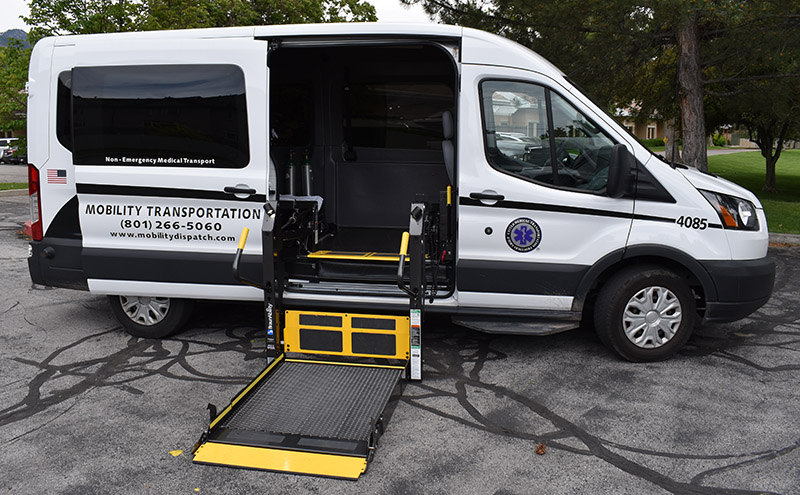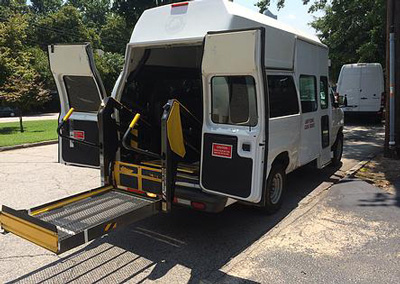Accessible Treatment on Wheels: Explore Medical Transportation Services Near Me
Accessible Treatment on Wheels: Explore Medical Transportation Services Near Me
Blog Article
Accessible and Affordable Medical Transport Options for Seamless Health And Wellness Support
In the world of health care, the accessibility and price of medical transport are vital in guaranteeing people can access the treatment they need when they require it. The ability to flawlessly browse transportation alternatives can dramatically influence a person's capability to get timely clinical attention, follow-up treatment, and general wellness. From non-emergency clinical transport services to ingenious services like telehealth, the landscape of clinical transport is developing to meet the diverse demands of people. Taking into consideration the value of this element in health care delivery, checking out the selection of options offered becomes necessary for addressing spaces in access and affordability.
Non-Emergency Medical Transport Services

These services are staffed by qualified experts that focus on client comfort and safety and security during transportation. Drivers are furnished to take care of people with differing medical requirements and ensure that all trips are worry-free and smooth - Medical Transportation Services Near Me. Additionally, non-emergency clinical transport solutions typically utilize specific cars that are wheelchair-accessible, making them ideal for a vast array of patients with different flexibility requirements
Volunteer Driver Programs
Volunteer chauffeur programs contribute in giving transportation help for individuals seeking non-urgent treatment. These programs rely on the kindness of volunteers that contribute their time and vehicles to help transport clients to and from medical consultations. By utilizing volunteer drivers, companies can supply a cost-effective remedy for people that may not have access to trusted transport.
Among the crucial benefits of volunteer driver programs is the customized care and attention that patients obtain. Unlike conventional transportation solutions, volunteer chauffeurs often create a relationship with the individuals they aid, producing a supportive and thoughtful environment during what can be a demanding time. Furthermore, volunteer chauffeur programs can assist connect the gap for individuals living in underserved or country areas where public transportation options might be limited.
Public Transport Options

One of the crucial benefits of public transport is its extensive availability in rural and city areas alike. This considerable network allows individuals from diverse backgrounds to take a trip to clinical appointments with loved one ease. Furthermore, public transportation systems are often outfitted to accommodate people with handicaps, supplying obtainable travel choices for those with mobility challenges.

Ride-Sharing and Transportation Network Firms
The evolution of modern transportation options for medical purposes extends beyond conventional public systems like buses and trains to include the innovative realm of ride-sharing and transportation network companies. Ride-sharing services such as Uber and Lyft have revolutionized the way individuals take a trip to clinical visits, using comfort and versatility to clients who may not have access to their cars or conventional mass transit. These platforms allow users to request a trip with the touch of a button on their mobile phones, supplying door-to-door solution that can be specifically valuable for individuals with mobility challenges or those requiring support.
Transport network companies (TNCs) have likewise played a substantial function in bridging the space in clinical transportation solutions. Business like Veyo and RoundTrip focus on non-emergency medical transport, catering to clients that need a higher degree of support throughout their trips to medical centers. By partnering with health care suppliers and insurers, TNCs make certain that individuals can access timely this website and reliable transport options, eventually adding to improved health results and client satisfaction.
Telehealth and Digital Assessments
Enhancing healthcare availability and convenience, telehealth and digital assessments have actually emerged as essential elements in modern clinical methods, revolutionizing the way individuals interact with doctor. Telehealth leverages innovation to promote remote interaction in between individuals and healthcare professionals, providing a broad range of services such as digital examinations, remote tracking, and digital prescriptions. Digital consultations allow people to seek medical recommendations, medical diagnosis, and therapy from the convenience of their homes, eliminating the need for physical sees to medical care centers. This approach not only saves time and decreases transport prices for clients but likewise boosts the general efficiency of healthcare distribution.
In addition, telehealth plays a crucial duty in expanding medical services to underserved areas, backwoods, and people with restricted wheelchair. By breaking down geographical barriers and raising health care outreach, telehealth promotes very early intervention, connection of care, and patient engagement. As modern technology remains to advancement, telehealth is positioned to play a significantly substantial function in shaping the future of healthcare distribution, promoting improved wellness results and client complete satisfaction.
Conclusion

From non-emergency medical transport services to innovative options like telehealth, the landscape of medical transport is developing to fulfill the diverse demands of individuals.Non-Emergency Medical Transportation Solutions facilitate the risk-free and prompt transportation of people needing non-urgent clinical care to and from medical care facilities.The evolution of modern-day transport choices for medical objectives expands beyond conventional public systems like buses and trains to include the innovative realm of ride-sharing and transport network firms.Transportation network business (TNCs) have actually also played a considerable function in linking the gap in medical transport solutions. Non-Emergency Medical Transport Solutions, Volunteer Chauffeur Programs, Public Transport Options, Ride-Sharing and Transportation Network Firms, and Telehealth and Virtual Consultations all play an essential function in addressing transportation barriers to health care accessibility.
Report this page